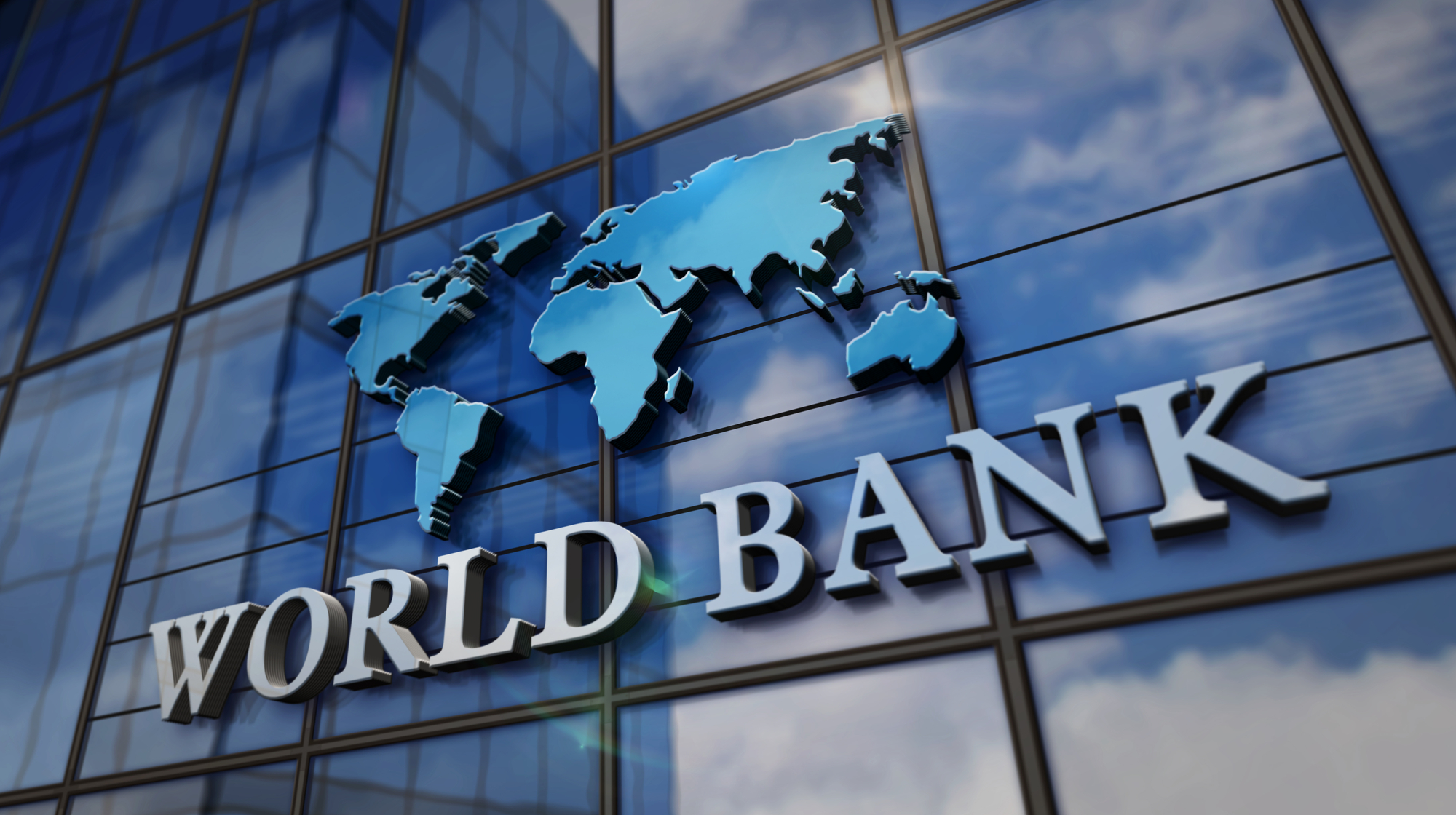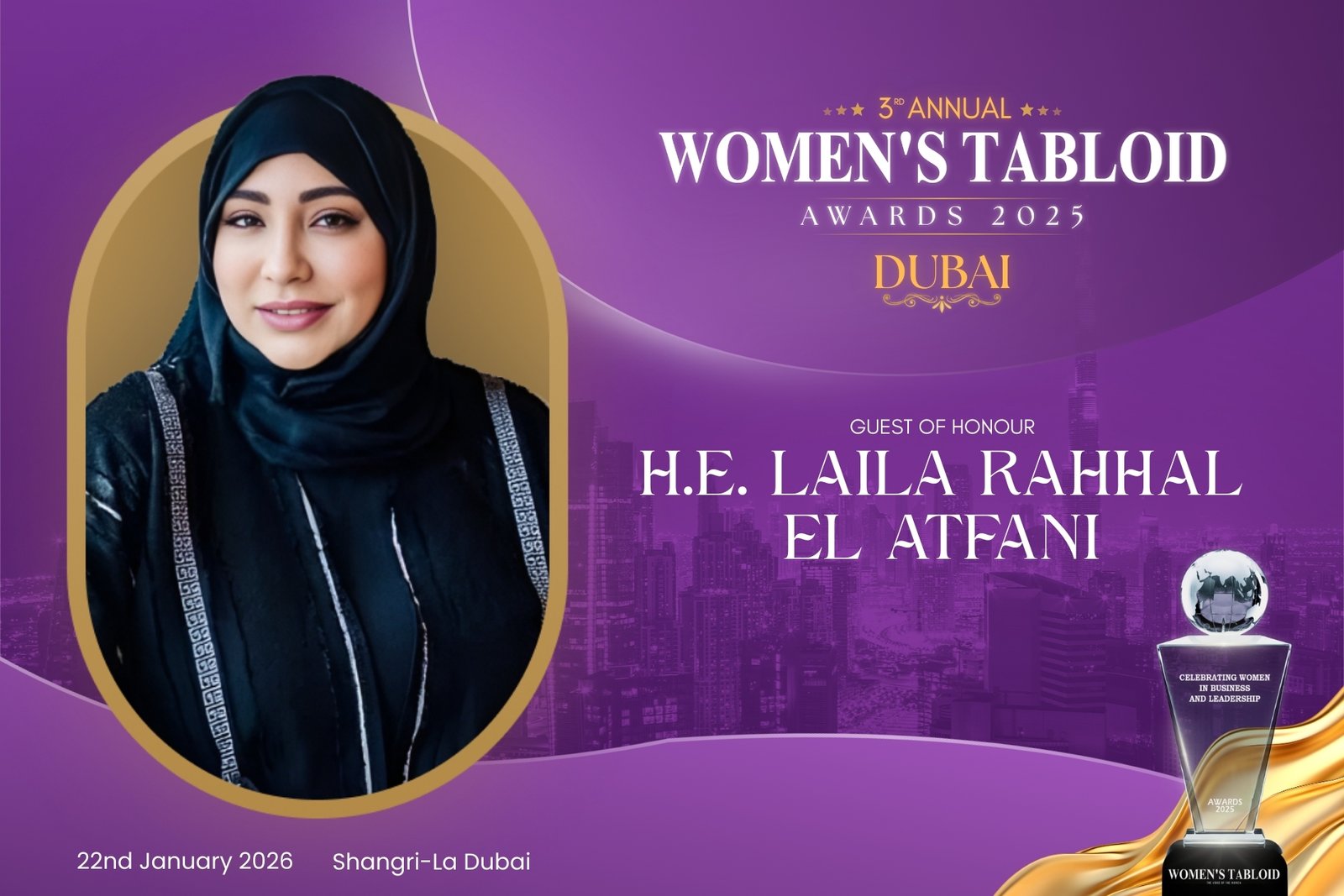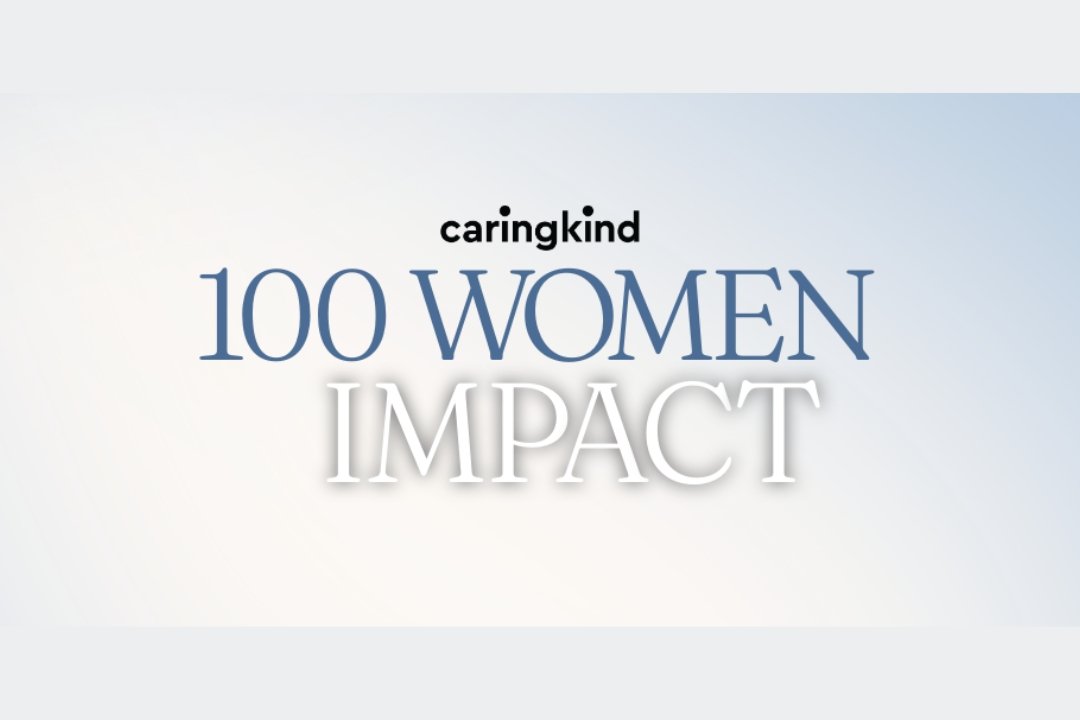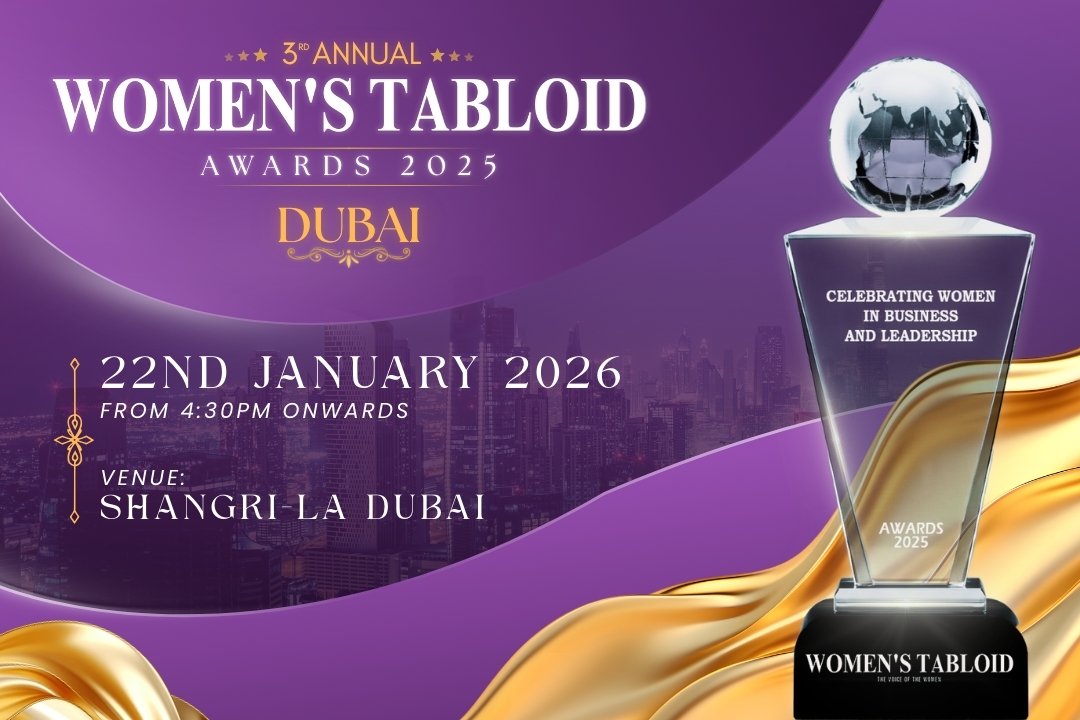The Federal Government of Nigeria has revealed its intention to expand the Nigeria for Women Project (NFWP), in collaboration with the World Bank, aiming to reach more grassroots communities for economic empowerment.
Barrister Uju Kennedy-Ohanenye, the Minister of Women Affairs, stated this during a strategic meeting held in Abuja, in presence of the World Bank, UNUCEF, and other key partners, that the restructuring and expansion of the NFWP is goal oriented towards a comprehensive transformation in the lives of rural women and generate revenue for them to improve their standard of living.
She stated that “We are here to find a way forward to enhance whatever has been done before so that it will suit what the new government wants. All we are here for is for enhancement because we cannot change what is already working well, so all we need is to enhance and expand it to work better. Some of the things we noted out and are pleading with the world Bank to look into include holding of meetings, advocacies and trainings because some Nigerian companies like the Rural Electrification Agency, (REA), Small and Medium Enterprises development Agency among others, have volunteered to take care of those parts.”
World Bank Operations Manager, Taimur Samad stated in response that the critical significance of gender empowerment is a huge part within their portfolio and they have a strong commitment to achieve those results. This will highlight the integral role of gender empowerment within states of Nigeria and emphasise the collaboration at both the federal and state levels. He said that “The NFWP is currently designed to reach the lives of millions of women and their families; World Bank is here at the service of the Nigerian government and its people.” He adds that the bank is “always open to listen to thoughts and ideas.”
UNICEF Deputy Country Representative, Dr Rownak Khan during her insightful speech highlighted the significant achievements of the ministry in mobilising substantial financial resources to empower women and girls economically across different regions in Nigeria through the Nigeria for Women Project (NFWP).
She states “This collaboration will be instrumental in improving women’s access to resources and support system women entrepreneurship, stimulating the participation of women in business and private sector as well. This also reflects government commitment in achieving the Sustainable Development Goals, (SDGs) and it aligns seamlessly with the SDG 5, which is achieving gender equality and empowering women and girls. So hopefully, this will become a catalyst for gender equality, breaking barriers and fostering sustainable development in Nigeria.”
She further acknowledged the presence of UNICEF and their commitment to children, emphasising children’s inseparability from their mother. Holistically, UNICEF provides all services related to children like education, healthcare, including economic and social support for women in Nigeria.











